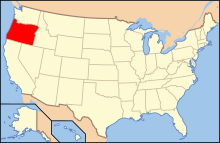Gun laws in the United States regulate the sale, possession, and use of firearms and ammunition. State laws vary considerably, and are independent of existing federal firearms laws, although they are sometimes broader or more limited in scope than the federal laws.

Concealed carry, or carrying a concealed weapon (CCW), is the practice of carrying a weapon, either in proximity to or on one's person or in public places in a manner that hides or conceals the weapon's presence from surrounding observers. In the United States, the opposite of concealed carry is called open carry.
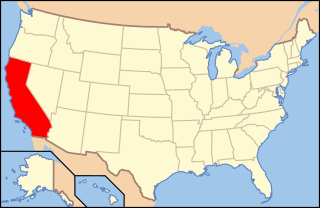
Gun laws in California regulate the sale, possession, and use of firearms and ammunition in the state of California in the United States.

Gun laws in New York regulate the sale, possession, and use of firearms and ammunition in the U.S. state of New York, outside of New York City which has separate licensing regulations. These regulations are very strict in comparison to the rest of the United States.
In the United States, the term constitutional carry, also called permitless carry, unrestricted carry, or Vermont carry, refers to the legal public carrying of a handgun, either openly or concealed, without a license or permit. The phrase does not typically refer to the unrestricted carrying of a long gun, a knife, or other weapons. The scope and applicability of constitutional carry may vary by state.

Gun laws in Utah regulate the sale, possession, and use of firearms and ammunition in the state of Utah in the United States.
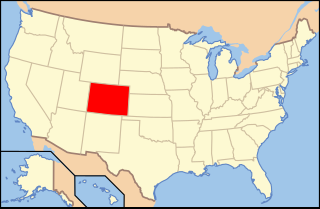
Gun laws in Colorado regulate the sale, possession, and use of firearms and ammunition in the state of Colorado in the United States.

Gun laws in Hawaii regulate the sale, possession, and use of firearms and ammunition in the state of Hawaii, United States. Hawaii's gun laws are among the most restrictive in the country.

Gun laws in Illinois regulate the sale, possession, and use of firearms and ammunition in the state of Illinois in the United States.

Gun laws in Indiana regulate the sale, possession, and use of firearms and ammunition in the U.S. state of Indiana. Laws and regulations are subject to change.
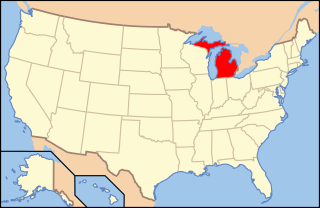
Gun laws in Michigan regulate the sale, possession, and use of firearms and ammunition in the U.S. state of Michigan.

Gun laws in Mississippi regulate the sale, possession, and use of firearms and ammunition in the state of Mississippi in the United States. Gun laws in Mississippi are among the most permissive in the country, with no license or background check required to openly carry handguns most anywhere in the state.
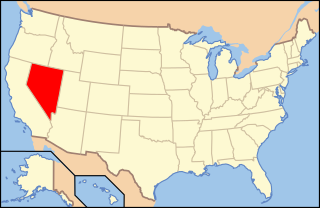
Gun laws in Nevada regulate the sale, possession, and use of firearms and ammunition in the state of Nevada in the United States.
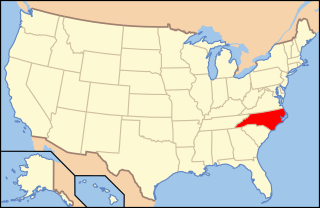
Gun laws in North Carolina regulate the sale, possession, and use of firearms and ammunition in the U.S. state of North Carolina.

Gun laws in Ohio regulate the sale, possession, and use of firearms and ammunition in the U.S. state of Ohio.

Gun laws in Pennsylvania regulate the sale, possession, and use of firearms and ammunition in the Commonwealth of Pennsylvania in the United States.
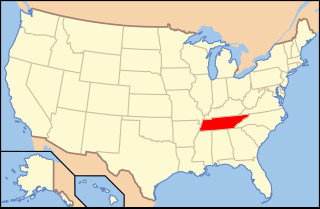
Gun laws in Tennessee regulate the sale, possession, and use of firearms and ammunition in the state of Tennessee in the United States.

Gun laws in Texas regulate the sale, possession, and use of firearms and ammunition in the U.S. state of Texas.
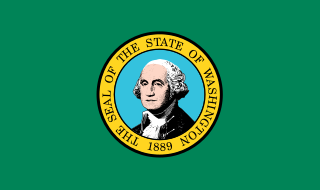
Gun laws in Washington regulate the sale, possession, and use of firearms and ammunition in the state of Washington in the United States.

Oregon Ballot Measure 114, the Changes to Firearm Ownership and Purchase Requirements Initiative, is an Oregon state initiative that was narrowly approved by voters on November 8, 2022. It changes gun laws in Oregon to require a permit to purchase or acquire a firearm, and to ban the sale, transfer, and importation of magazines that "are capable of holding" more than ten rounds of ammunition.
